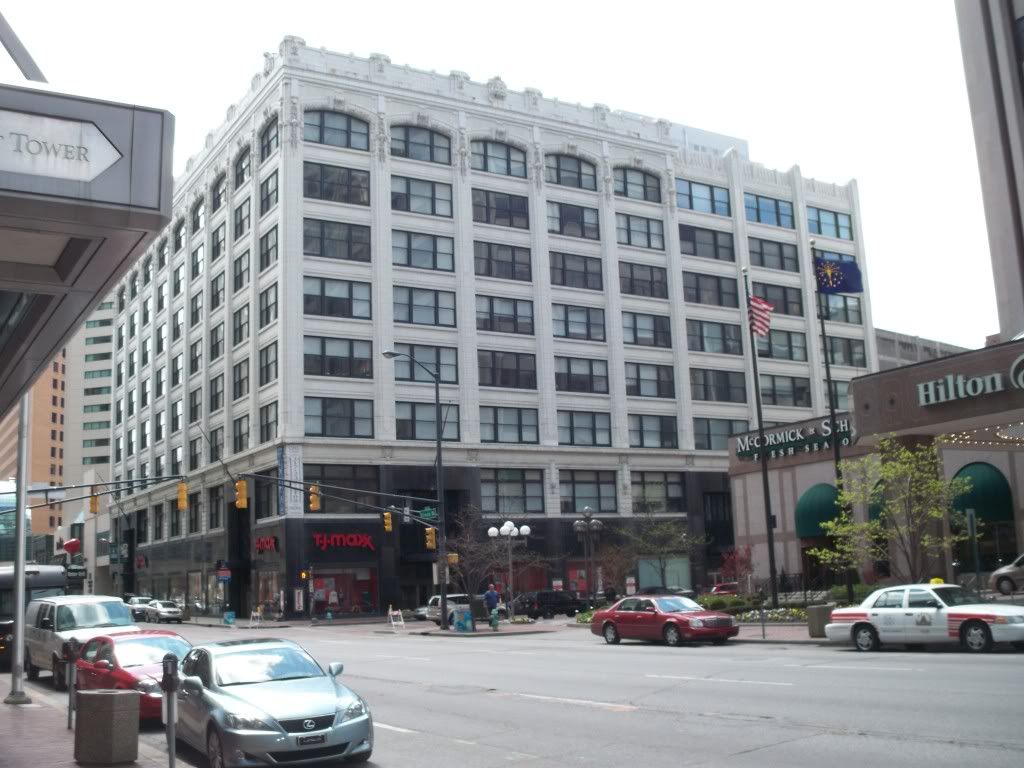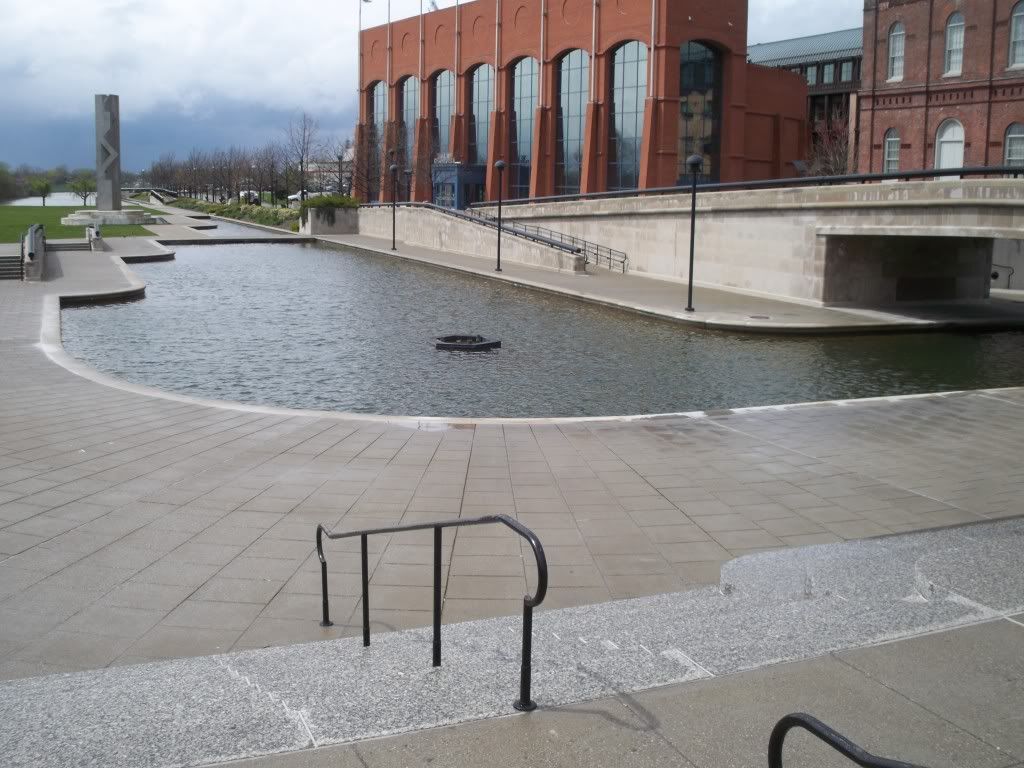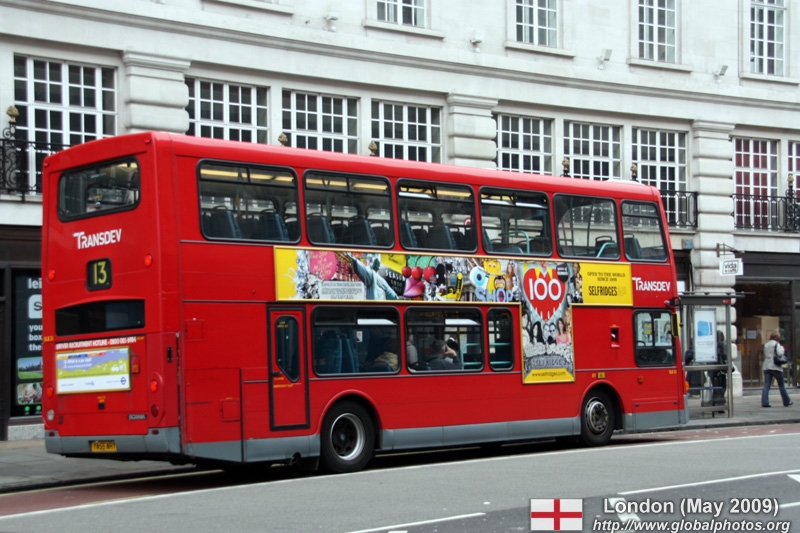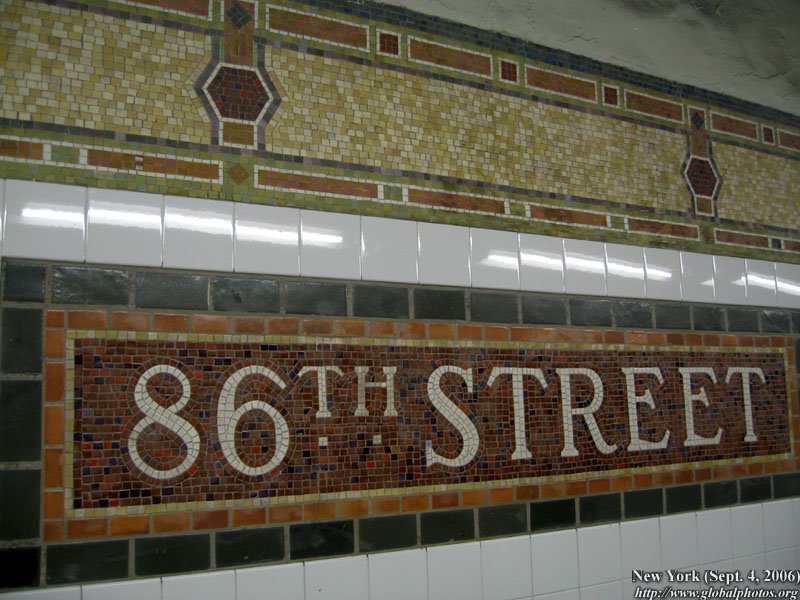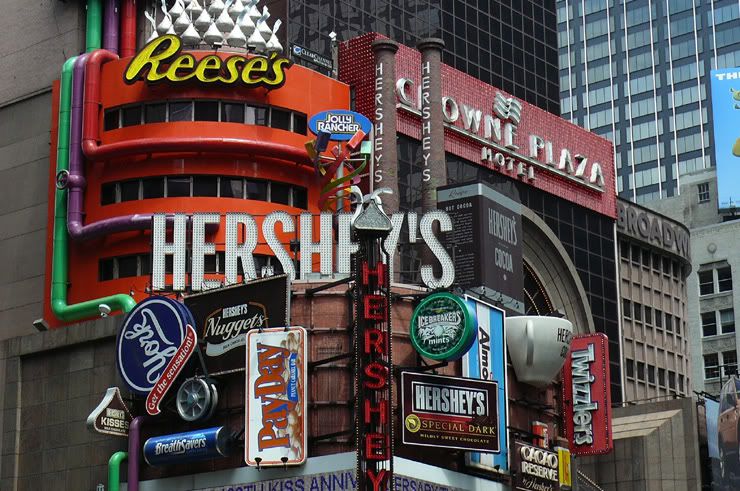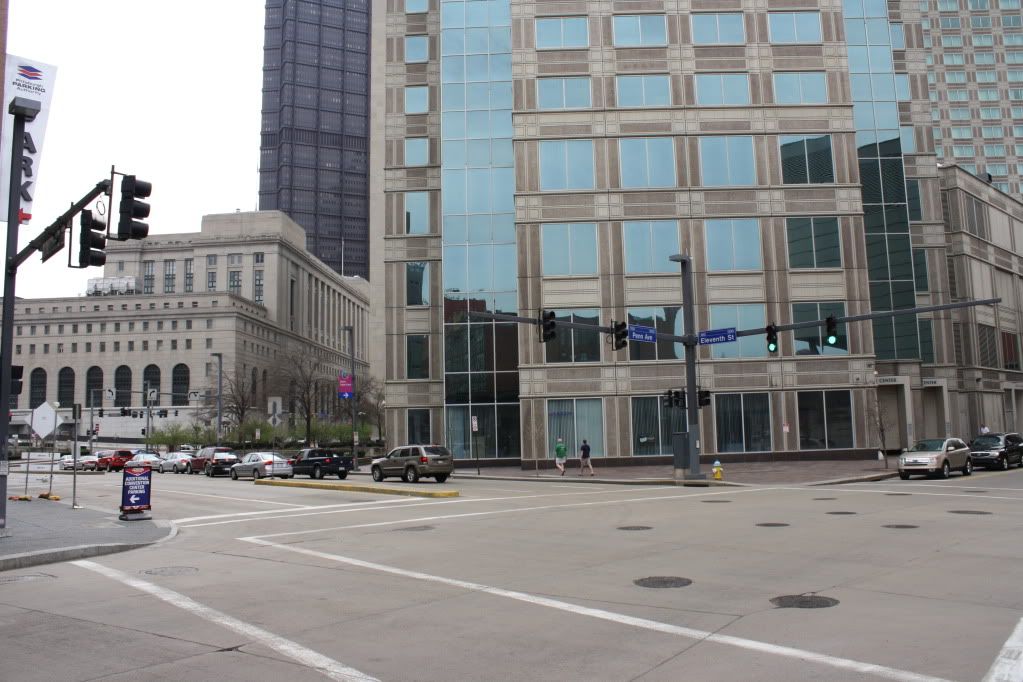-Метки
360 Germany NYC Thailand argentina australia austria barcelona belgium berlin boston brazil budapest bulgaria canada capital chicago china city copenhagen country czech republic dallas denmark detroit england france hamburg hong kong houston hungary italy japan kuala lumpur lisbon london los angeles madrid malaysia marseille melbourne miami moscow munich nethderlands netherlands new york new york nice nyc - manhattan paris philadelphia photo collection poland portugal prague rome rotterdam russia san francisco seattle shanghai singapore spain st. petersburg stockholm sweden switzerland sydney taiwan turkey uk usa vancouver video vienna washington world zurich справка
-Музыка
- ~Мантра любви~
- Слушали: 38112 Комментарии: 3
-Я - фотограф
The Festival of San Fermin, 2010
-Поиск по дневнику
-Подписка по e-mail
-Статистика
Downtown Indianapolis, Indiana |
|
Метки: indianapolis usa city |
Downtown Indianapolis, Indiana |
|
Метки: indianapolis usaa city |
LONDON | Buses |
|
Метки: london uk city |
Процитировано 2 раз
Понравилось: 1 пользователю
New York , Subway |
|
Метки: new york usa city |
Процитировано 1 раз
MADRID | Metro |
|
Метки: madrid spain city |
Процитировано 1 раз
New York , New York |
|
Метки: city usa new york |
Процитировано 1 раз
Oneonta, New York |
Oneonta is a city in Otsego County, and is located on the Susquehanna River. The population is around 13,000, making Oneonta the most-populated municipality in Otsego County. Oneonta grew as a local railroad center in the 1800s, and incorporated as a village in 1848, and then as a city in 1908.
A house on Chestnut Street.

Читать далее
A house on Chestnut Street.

Читать далее
|
Метки: oneonta usa city |
Niagara Falls, Suspension Bridge , NY |
Suspension Bridge is a neighborhood located along the Niagara Gorge, in the vicinity of the Whirlpool Bridge. The area was settled as a result of the first suspension bridge being built in 1847. The settlement became the Village of Suspension Bridge. The Village of Suspension Bridge merged with the Village of Niagara Falls to form the City of Niagara Falls in 1892. Previously, in 1887, the hamlet of Clarksville, located between Suspension Bridge and Niagara Falls, had been annexed by the Village of Niagara Falls.
The old U.S. Custom House, on Whirlpool Street at the Whirlpool Bridge. The Custom House was built in 1863, and was an official Port of Entry into the United States.

Читать далее
The old U.S. Custom House, on Whirlpool Street at the Whirlpool Bridge. The Custom House was built in 1863, and was an official Port of Entry into the United States.

Читать далее
|
Метки: niagara falls usa city |
Canandaigua , New York |
Canandaigua is a city in the Finger Lakes Region of New York on Lake Canandaigua, and is the seat of Ontario County. The population is around 11,000.
An Iroquois settlement in the area until 1779, when Major General John Sullivan and his soldiers destroyed it due to the Four Nations' alliance with the British. Whites settled the area in 1789. Canandaigua became a village in 1815, and became a city in 1913.
Canandaigua's name come from one of many Iroquois words, some of which have similar meanings. The city's name comes from either "canandargua", meaning place of settlement or a chosen spot; "ganadarque", meaing a place selected for settlement; "genundewahguah", meaning great hill people; or "cahnandahgwah", meanign sleeping beauty.
Buildings on Main Street.

Читать далее
An Iroquois settlement in the area until 1779, when Major General John Sullivan and his soldiers destroyed it due to the Four Nations' alliance with the British. Whites settled the area in 1789. Canandaigua became a village in 1815, and became a city in 1913.
Canandaigua's name come from one of many Iroquois words, some of which have similar meanings. The city's name comes from either "canandargua", meaning place of settlement or a chosen spot; "ganadarque", meaing a place selected for settlement; "genundewahguah", meaning great hill people; or "cahnandahgwah", meanign sleeping beauty.
Buildings on Main Street.

Читать далее
|
Метки: canandaigua usa city |
Lancaster, The East Side, Pennsylvania |
In the 1700s, Lancaster was confined mainly to the present-day business district and the surrounding neighborhoods, and only a few farms were east of Plum Street. The Lancaster County Prison was built along King Street, which was Lancaster's main east-west street. In the late 1800s, tobacco warehouses and cork factories were established along Walnut Street and the side streets, and industries continued to set up along New Holland Avenue. The demand for housing for workerds spurred residential growth into the neighborhood, and rowhousing was built into the 1910s.
Twin houses on Orange Street.

Читать далее
|
Метки: lancaster usa city |
Camden, New Jersey |
The old Cooper Branch Free Public Library, on Cooper Street in front of Johnson Park. The structure was built in 1918 and is now the Walt Whitman Cultural Arts Center.

Читать далее
|
Метки: camden usa city |
Hammonton, New Jersey |
Hammonton is a town in Atlantic County, halfway between Philadelphia and Atlantic City. The town was settled in 1812 and has a population of around 13,500. Hammonton was a prominent stop on the Pennsylvania Railroad from Philadelphia to Atlantic City beause of its role in the agricultural industry in southern New Jersey. Because of the sandy soils of the Pine Barrens being prominent in the area, blueberries grow well in the wild, and the blueberry industry is the area's leading producer. As a result, Hammonton is known as the "Blueberry Capital of the World".
Businesses on Bellevue Avenue.

Читать далее
Businesses on Bellevue Avenue.

Читать далее
|
Метки: hammonton usa city |
Hammondsport, New York |
Glenn Curtiss, one of the fathers of aviation, was born in Hammondsport in 1878. In 1908 in Hammondsport, Curtiss flew the "June Bug" 3,280 feet, becoming the first to fly more than one kilomater in a public display. Curtiss is also famous for making the first long-distance flight in the United States.
A house on Main Street.

Читать далее
|
Метки: hammondsport usa city |
Понравилось: 1 пользователю
Marcus Hook, Pennsylvania |
Marcus Hook is a borough in Delaware County. The borough borders the Delaware River to the east and the state of Delaware to the south, and is sometimes called "the cornerstone of Pennsylvania". Marcus Hook has a population of around 2,300.
Marcus Hook was originally called Upland, and then Chichester. The name of the borough comes from the Dutch "Marreties Hoeck", and was originally a tiny Swedish settlement. Marcus Hook began as a prominent shipbuilding center from the 1700s until the mid-1800s, when ships were becoming too big to use resources in Marcus Hook. In the 1800s, Marcus Hook was also a fishing village. In the 20th century, the borough became an oil refinery center, with the first refineries constrcuted in 1902. It was in Marcus Hook that the Houdry process, catalytic cracking to convert petroluem to gasoline, was invented in 1937. Marcus Hook was also a rayon-producing center, with the American Viscose Company holding the patent to produce artifical silk at their first factory.
Today, the American Viscose Company is gone, and most of their buildings sit unoccupied. The refineries still operate in the borough, and surround the residential and commercial areas on almost all sides.
Sunoco Pipelines crossing over U.S. Route 13 double as a welcome sign as drivers approach the business and residential area of Marcus Hook.

Читать далее
Marcus Hook was originally called Upland, and then Chichester. The name of the borough comes from the Dutch "Marreties Hoeck", and was originally a tiny Swedish settlement. Marcus Hook began as a prominent shipbuilding center from the 1700s until the mid-1800s, when ships were becoming too big to use resources in Marcus Hook. In the 1800s, Marcus Hook was also a fishing village. In the 20th century, the borough became an oil refinery center, with the first refineries constrcuted in 1902. It was in Marcus Hook that the Houdry process, catalytic cracking to convert petroluem to gasoline, was invented in 1937. Marcus Hook was also a rayon-producing center, with the American Viscose Company holding the patent to produce artifical silk at their first factory.
Today, the American Viscose Company is gone, and most of their buildings sit unoccupied. The refineries still operate in the borough, and surround the residential and commercial areas on almost all sides.
Sunoco Pipelines crossing over U.S. Route 13 double as a welcome sign as drivers approach the business and residential area of Marcus Hook.

Читать далее
|
Метки: marcus hook usa city |
Huntingdon, Pennsylvania |
Rev. Dr. William Smith settled the area in 1767, where Standing Stone Creek emptied into the Juniata River. Huntingdon grew rapdily for a frontier town because of it's location in a gap of the Appalachian Mountains from the Juniata River, and because Smith stipulated that land had to be developed within a couple years of purchase. Huntingdon's location in a gap in the mountains brought the Cambria & Indiana Turnpike, the Pennsylvania Canal, and the Pennsylvania Railroad.
St. John's Episcopal Church, on Penn Street. The church was built in 1845.

Читать далее
|
Метки: huntingdon usa city |
Понравилось: 1 пользователю
















